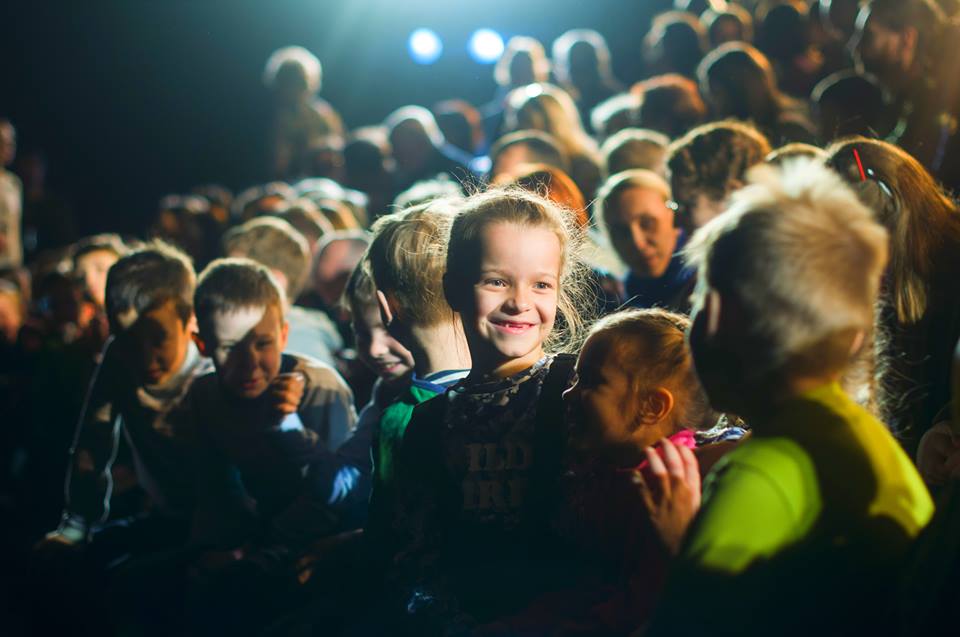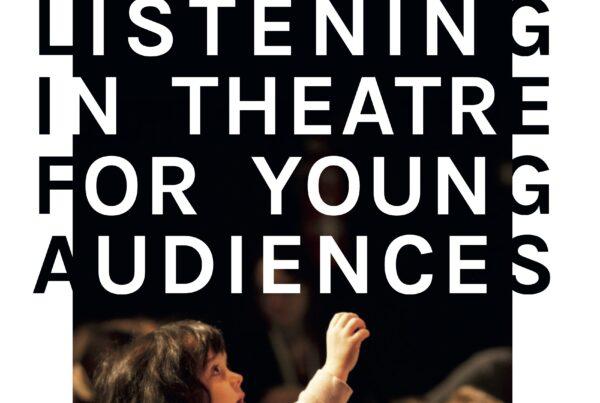This year, Russian professional theater for children and youth celebrates its 100 anniversary. It’s a long time, a whole century. One hundred years ago, in 1918, special theatres for children were founded in Moscow, Petrograd (today St. Petersburg), Saratov and other Russian cities. The children, who were at the very center of historical upheavals, here had a possibility to see another reality, to get engaged with art and to experience the power of imagination.
Recently I read how many children and adolescents there are in Russia. Do you know how many? About 16 million. It equals to the population of several European cities. 16 million of exuberant energy! Imagine Moscow, where all the inhabitants are children and teenagers. And they all want theater that meets their nowadays expectations of what is relevant and important, and not just serves as a place for entertainment or studying the school curriculum together with the class teacher.
Over the past century, theater for children has become an important part of social life, and there is probably no need to prove that it plays a great role for development of the child’s imagination, and for feeling engaged with the stories told on stage, for development of his/her empathy. In an era when theater can be seen on the screen of a smartphone, it remains important to see a real, live theater. For example, for those who don’t have money for a smartphone. And for those who have already experienced all the digital joys of communication, live contact with theater can become a surprise. Because one trusts a living person on the stage much more than an imagined character.
Nevertheless, all of us today have to prove (after a century!) the value of the children’s theater daily. The theater, where the child finds a response to his problems, the theatre that not only tells tales for entertainment, but also teaches first communication with the future. Because the children who first come for baby performances with their parents, or the teenagers who see the stories about themselves on the stage, then grow up into adults. And they are ready to change reality. There is not a single director or an actor who would not have gone to the theater and would not have been fascinated by theatrical art in his/her childhood. Future theater people sit in the auditorium. They may be 5 years old, or they may have come to the theater with a class. But the performance they will see can influence their decisions in the future: they can become those who will develop both new reality and professional theatre art for children. Take care of them. They are our next century.
Audiences at Kingfestival, Velikiy Novgorod, Russia.







